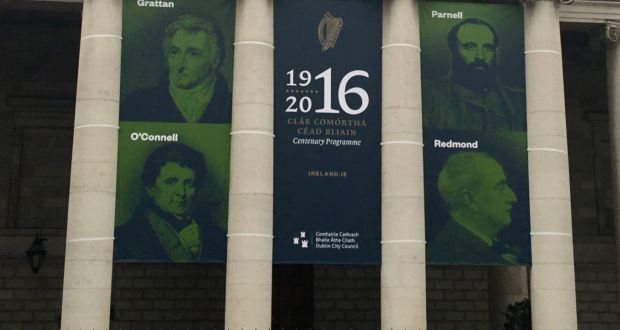Via Red London fb page:
A second referendum on Scottish Independence is to be requested from Holyrood by the Scottish National Party, to be requested in turn from Westminster, and intended to be fought in the autumn of 2018.
Insofar as the United Kingdom exists, it exists as the hostage of what the powers at be commonly refer to as a “fluid constitution”. In other words, a state without a bill of rights, where law and justice is literally made up as we go along by an unelected, unaccountable judiciary, drawn, but for its token exceptions, from the most illustrious sons of the country.
At their head is their most illustrious, ancient monarch, in whom all power of State is essentially vested. The “fluid constitution” is at its suddenly most concrete when it deals with the rights of the Crown to veto governments elected by Parliament; to compel their compliance by force of Her Majesty’s Police, Her Majesty’s Armed Forces.
In the meantime, and to prevent such embarrassments from ever, needlessly occurring, the “fluid constitution” casts a great slippery noose around the necks of the only force that might obviously break it. The unions: the organised bodies of working people – of the people just trying to get on with their lives without being near constantly shafted – the unions are shackled with this ectoplasm of dead Normans. The “fluid constitution” was anachronistic two centuries before they even started calling unions “dinosaurs”.
Today, the British State upholds the most tyrannical of “safeguards” against the liberties of working people, in the whole of Europe, since Hitler. They make Turkey look free; they make democrats of Asiatic Russians. Their wages will fall below those of Poland in our lifetimes. And they console ourselves with the notion of their superiority, when their formerly public services are now owned by other European states.
Today, the most “militant” of their
unions, the RMT, is on the brink. The RMT has survived thus far because it refused to not defend its members. It refused to be compliant. Today it is on the brink because the alliance of employers and courts challenge the legality of every dispute, and new anti union legislation, such as the “constitution” allows in all its fluidity, bans RMT from ever striking again in the same company on the same issue, should it lose out in court to arguments almost entirely predicated on technicalities. The courts then sue our unions for the stellar losses incurred by privately owned companies on strike days.
Corbyn remains, and, ever more isolated, with a Judas at his front and a Brutus behind, fights a rearguard battle for survival of the principle he represents: the muffled cry of fairness, of justice. He will come out for British Unity today, as will almost all in his party, both riling against yet intimately tangled up with the “fluid constitution” of the United Kingdom.
Scottish Independence remains, in 2017, as in 2014, not only a question of the future of the Scottish people, but the next prospect for the constitutional crisis in this country; for Irish Reunification, and a real, English Constitution, with a bill of rights such that the English working class may attempt to shape in its own image.
The English working class is a powerful force in these islands. They are in chains, and they are constitutional. Their warder is the Crown, and their prison is the United Kingdom. Free Scotland in 2018, and bring down the walls that surround them, blocking out the light. They are in any case, only “fluid”.



